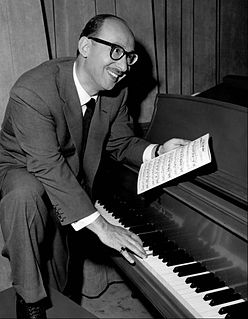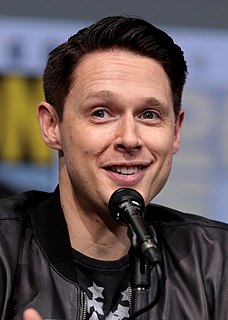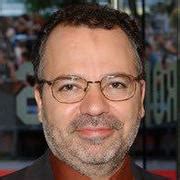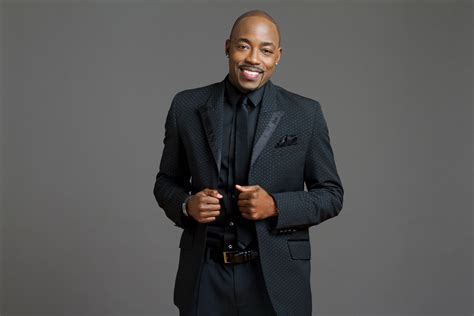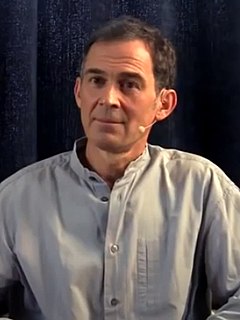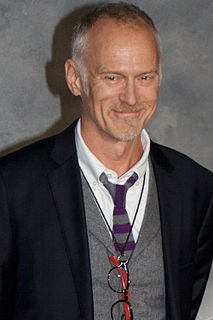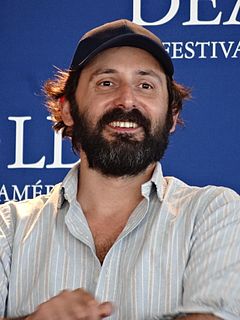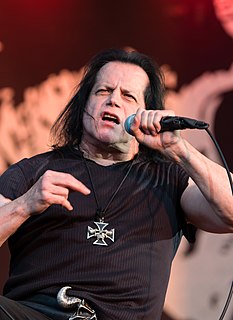A Quote by Jason Blum
'Paranormal Activity' had fifty versions because it was $250 to reshoot. We'd screen it, see one thing wrong, shoot for an hour, fix it, and then screen it again. You don't have to be disciplined about it. On a regular movie, you have to screen it and think of every problem, reshoot for three days and solve every problem, and then you're done.
Related Quotes
I'll remember this to my grave. We all walked into a room to see the screen tests. The first screen test was Marion Hutton's. Then came Janis Paige [who ended up with a part in the film]. Then on the screen came Doris Day. I can only tell you, the screen just exploded. There was absolutely no question. A great star was born and the rest is history.
I'm a Brit and I just put myself on tape, back in London, for a very distant American project that I thought I didn't stand a chance of getting. And then, I got a call about a week after I had submitted my tape, just saying, "They really like you and want to screen test you." So, I flew to L.A. and did the screen test. And then, I met Elijah [Wood] and did a screen test with him. And then, I had a very nerve-wracking few days back home, waiting and waiting and thinking, "This cannot possibly go my way because that would just be too good to be true." And then, it did.
One of the things I love about the theater is that no one can tell you to stop. Once you're onstage, it's three hours, and whether you're completely off or you're just horrendous, you've got to find a way to leave an impression. There's not that terrible thing that you get when you're making a movie, where you get in your car at the end of the day knowing that something you're not proud of was immortalized on film, and you can't fix it because they won't reshoot it.
It [TV] is the cancer of film. It's why people can't be educated to film. In the late '60s, we expected to see a movie or two every week and be stimulated, excited and inspired. And we did. Every week after week. Antonioni, Goddard, Truffaut - this endless list of people. And then comes television and home video. I know how to work exactly for the big screen, but it doesn't matter what I think about the art of movie-making versus TV.

